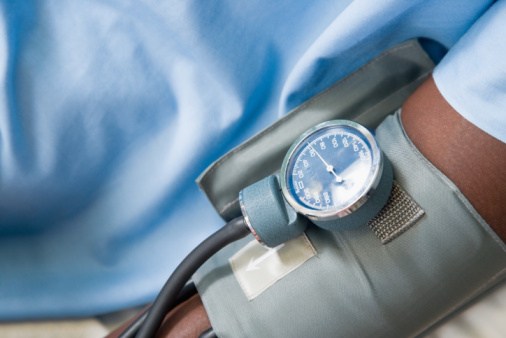
Millions of older men continue to get the Prostate Specific Antigen (PSA) blood test to screen for prostate cancer, contrary to new guidelines, according to research by investigators at the Henry Ford Hospital in Detroit.
The PSA test was approved by the Food and Drug Administration decades ago and widely recommended for many years. But in the last few years, prostate cancer experts have said that the test too often is unreliable because of a high rate of false positives and because often when there evidence of a tumor the cancer might not have progressed to serious illness. Nearly three years ago, the U.S. Preventative Services Task Force, which releases non-binding health guidelines, recommended against routine PSA screening in any age group.
“We found that the effect of the guidelines recommending against the routine screening of elderly men in particular has been minimal at best,” says Jesse Sammon, D.O., a researcher at the Vattikuti Urology Institute in Detroit and lead author of the study.
The researchers reviewed data from the 2012 fifty state Behavioral Research Foundation Surveillance Survey, an annual health survey. They found that an estimated 17 million men age 50 or older without a history of prostate cancer or prostate problems—the current criteria for the current PSA test–reported undergoing PSA screening in the year before the study.
Dr. Sammon says the “concern is that the test often provides false-positives, leading subjects who do not have a prostate malignancy to undergo treatment they don’t need and suffer such side effects as impotence and urinary incontinence.”
Data on men who had the PSA test was analyzed according to age, race and/or ethnicity, education, income, residence location, insurance status, access to regular health care and marital status. “Taken together, these results suggest that national guidelines have had a limited effect on clinical practice among health care providers,” says Dr. Sammon.
PSA rates varied greatly from state to state, with a low of 25 percent of men age 50 and older in New Hampshire getting the test. The rate in California was fifty percent, one of the highest in the nation.
The study was published as a research letter in JAMA Internal Medicine.





